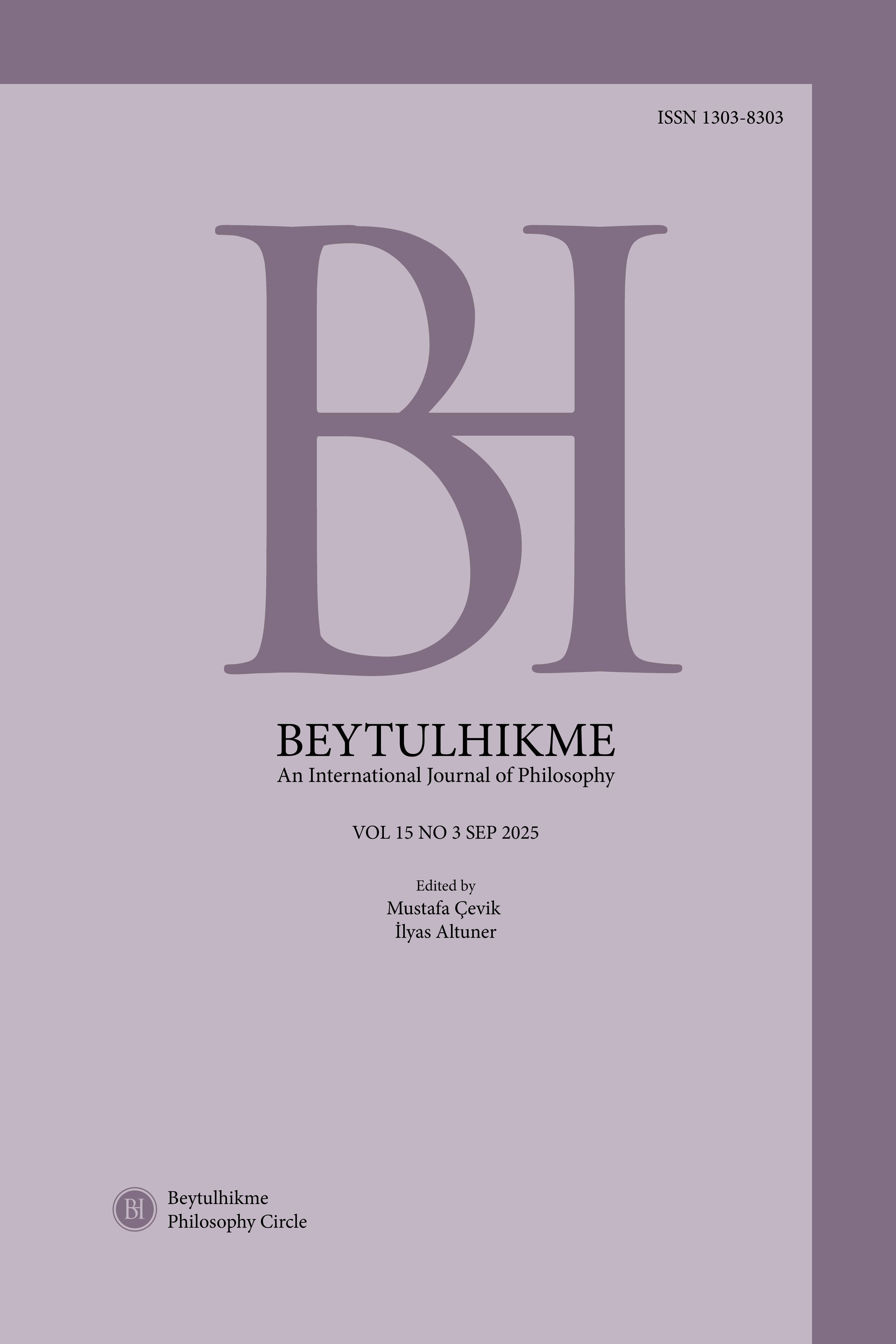Author :
Abstract
Bu makalenin konusu, Aristoteles’te ve İslâm siyaset düşüncesinde ‘eksik-kırsal toplum’ ve ‘tam-şehirli toplum’ ayrımıdır. ‘Eksik toplum’ ve ‘tam toplum’ tasnifi, Antik Yunan siyaset felsefesinde Aristoteles’e ve İslâm siyaset felsefesi düşünürlerine aittir. ‘Kırsal (bedevî) toplum’ ve ‘şehirli (hadarî) toplum’ ayrımı, tarih ve toplum teorisyeni olarak İbn Haldûn’a dayanmaktadır. ‘Eksik-kırsal toplum’ ile ‘tam-şehirli toplumun’ amaçları ve vasıtaları konusunda Aristoteles’in, İslâm siyaset felsefesinin ve İbn Haldûn’un görüşleri arasındaki benzerliklerin ve farklılıkların analizi, makalenin problemini oluşturmaktadır. Makalenin temel iddiaları şunlardır: Eksik-kırsal toplumun amacı ve bu amacın vasıtasının ne olduğu hususunda Aristoteles, İslâm siyaset felsefesi ve İbn Haldûn’un görüşleri arasında ortaklık vardır. Aristoteles’in tam toplumu ile İslâm siyaset felsefesindeki tam toplum, amaç ve vasıta bakımından, bazı benzerliklere sahip olmasına rağmen, temelde farklı iki tasarımı ifade etmektedir. İbn Haldûn ise, şehirli (hadarî) toplumun amacı ve vasıtasıyla ilgili hem Aristoteles hem de İslâm siyaset felsefesinin teorisinden farklı bir yaklaşama sahiptir.
Keywords
Abstract
The subject of this article is the distinction between incomplete-rural society and complete-city society in Aristotle and Islamic political thought. Incomplete society and complete society belong to Aristotle and the Islamic political philosophy. The distinction between rural society and city society is based on Ibn Khaldun. The problem of the article is to analyze the views of Aristotle, Islamic political philosophy and Ibn Khaldun regarding the goals and means of the incomplete-rural society and the complete-city society. There is a similarity between the views of Aristotle, Islamic political philosophy and Ibn Khaldun regarding the goal and means of the incomplete-rural society. The complete society in Aristotle and Islamic political philosophy express two different designs, although they have some similarities in terms of goal and means. Ibn Khaldun has an approach that is different from both Aristotle's and Islamic political philosophy's theory regarding the goal and means of city society.





